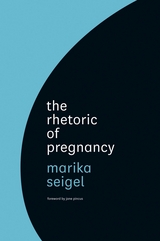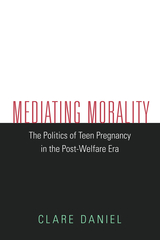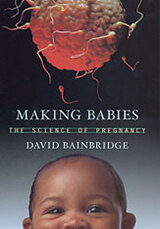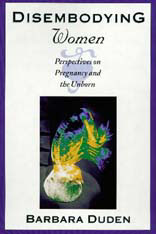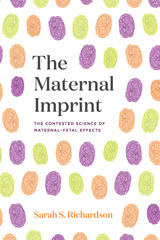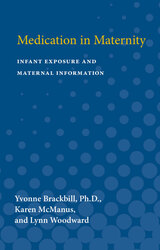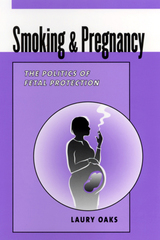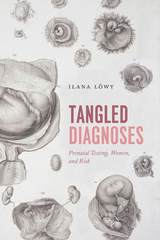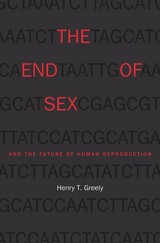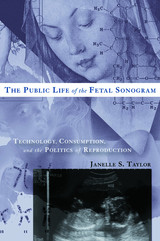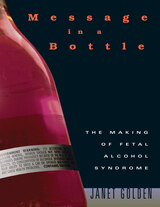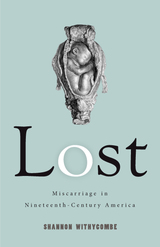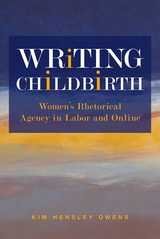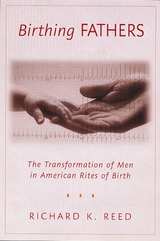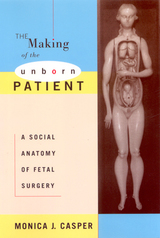Cloth: 978-0-674-70080-2
Library of Congress Classification RG628.H37 1975
Dewey Decimal Classification 618.32
The ability to identify and abort fetuses with certain genetic abnormalities is among the most recent and most important of medical advances. In this book, one of the world's leading medical geneticists, Harry Harris, discusses the promise and the perils of the new techniques. Dr. Harris writes with great clarity; he explains technical concepts and terms so well that a layman can follow his account with little effort. This book will serve as an excellent introduction to a large and growing literature.
Dr. Harris begins by explaining methods of prenatal diagnosis and the kinds of disease that can, at present, be identified in utero. He identifies technological limitations of the procedure and also discusses certain theoretical factors that limit its future applicability. The book concludes with a long and balanced examination of ethical issues entailed by the practice of selective abortion. The author limits discussion of his own opinions in favor of evaluating the main contemporary positions and exploring the basis of controversy. He makes clear, however, his own view that there are clear advantages to the technique and clear limitations and that there will always be gray areas in which decision must be painful and individual—unaided by pat moralizing.
See other books on: Abortion | Medical | Medical genetics | Prenatal diagnosis
See other titles from Harvard University Press




